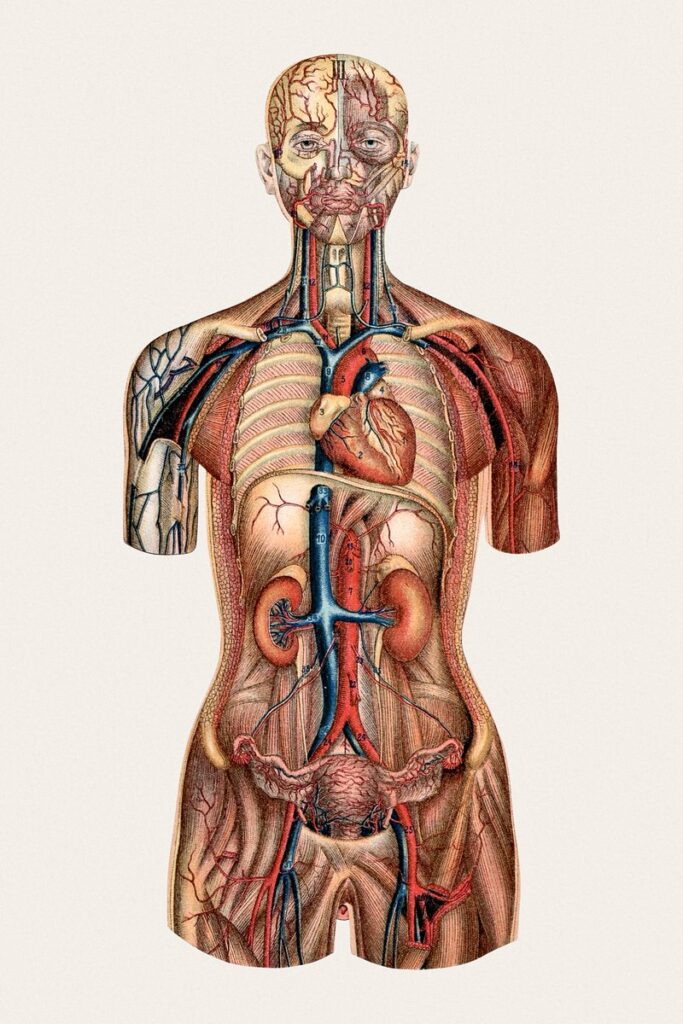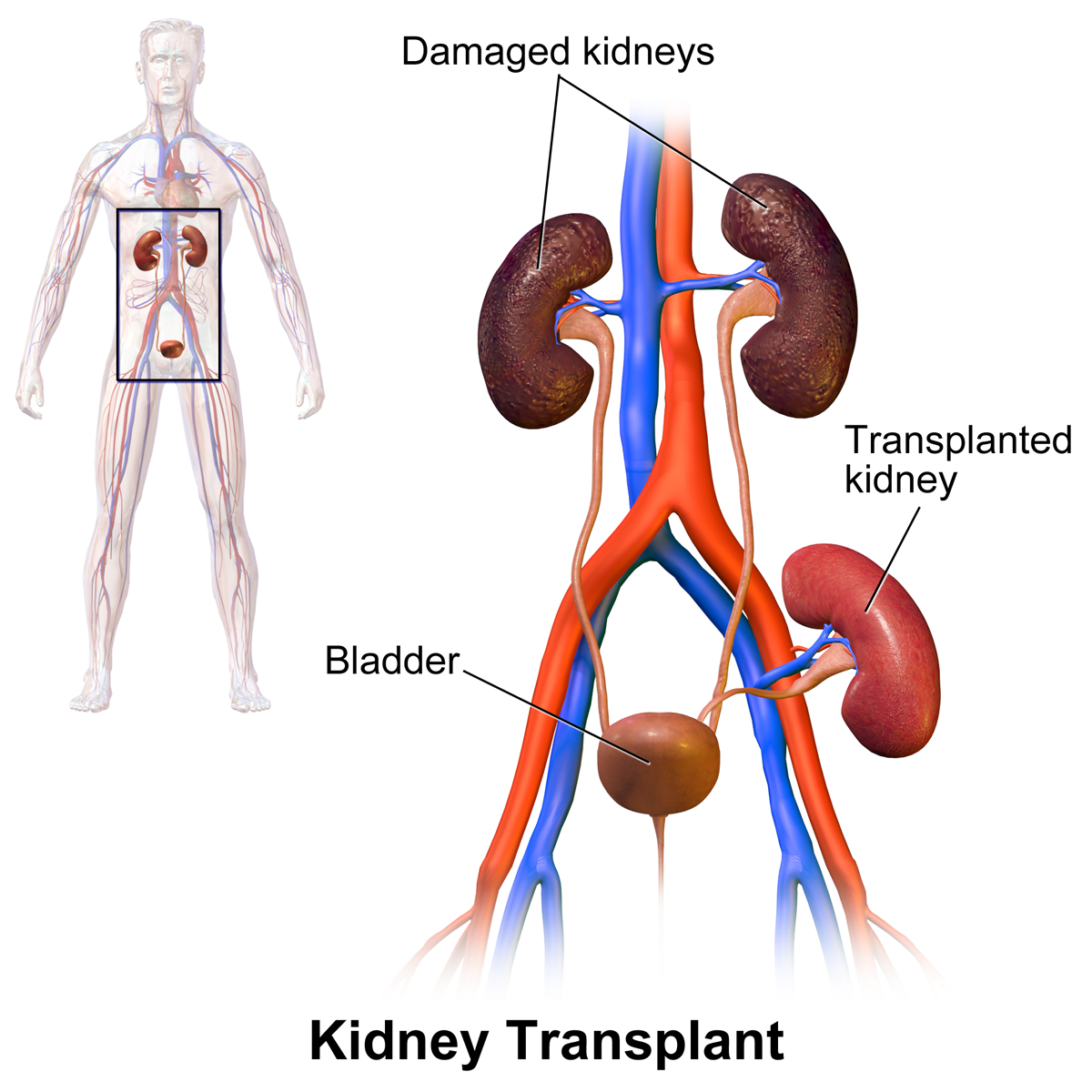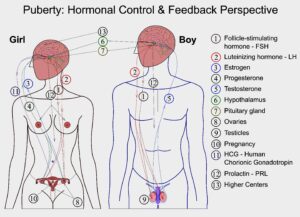Biden’s Vision: Transforming Organ Transplants in America – In recent times, the landscape of organ transplants in the United States has witnessed a significant shift, thanks to the visionary approach of President Joe Biden and his administration. This article delves into the intricacies of Biden’s legislation on organ transplants, exploring its goals, impact, and the transformative changes it brings to the field.
Biden’s Vision: Transforming Organ Transplants in America

Introduction
Organ transplants have long been a beacon of hope for individuals suffering from life-threatening conditions. With advancements in medical science, the possibility of receiving a new lease on life through organ transplantation has become a reality. President Biden’s recent legislation aims to revolutionize the organ transplant landscape, addressing critical issues and ensuring a fair and efficient system for organ procurement and distribution.
Background of Organ Transplants
The roots of organ transplants trace back through the pages of medical history. From the pioneering days when transplants were experimental to the current era of refined surgical procedures, the journey has been remarkable. Breakthroughs in immunosuppressive drugs and surgical techniques have paved the way for successful organ transplants, making them more accessible and feasible.
Overview of Biden’s Legislation
Biden’s legislation stands as a beacon of hope for those awaiting organ transplants. The primary goals include increasing organ availability, addressing organ trafficking, improving organ allocation, and providing incentives for donors. These objectives collectively aim to create a more streamlined and ethical organ transplant system.
Increased Access to Organs
One of the key aspects of the legislation focuses on measures to enhance organ availability. By encouraging more individuals to become organ donors, the legislation aims to reduce the agonizing wait times for patients in need of life-saving transplants. Initiatives such as public awareness campaigns and streamlined organ procurement processes play a pivotal role in achieving this objective.
Addressing Organ Trafficking
Illegal organ trafficking is a global concern that Biden’s legislation takes head-on. Provisions within the legislation aim to prevent the illegal trade of organs, emphasizing the importance of ethical practices in organ donation. International cooperation is also a crucial component, recognizing the need for a united front against organ trafficking.
Improvement in Organ Allocation
The legislation advocates for fair distribution of organs, ensuring that the allocation process is transparent and just. By reducing waiting times for transplant recipients, the legislation aims to save more lives and make the organ transplant system more efficient. Collaboration between healthcare institutions is essential for achieving these objectives.
Incentives for Donors
To further boost organ donation rates, the legislation introduces both financial and non-financial incentives for donors. Recognizing the selfless act of organ donation, these incentives aim to motivate more individuals to register as donors, ultimately increasing the pool of available organs for transplantation.
Streamlining Organ Procurement
Efficiency in organ procurement is a critical aspect of the legislation. Streamlining processes, collaborating with healthcare institutions, and ensuring that organs are procured promptly are key components. The goal is to make the organ transplant system more responsive and effective.
Challenges and Criticisms
While the legislation brings about transformative changes, it is not without challenges and criticisms. Some concerns include potential drawbacks of the legislation and addressing these concerns is crucial for the success of the overall initiative. Finding a balance between the various stakeholders in the organ transplant ecosystem is essential.
Public Awareness Campaigns
Educating the public about organ donation is a cornerstone of Biden’s vision. Public awareness campaigns play a vital role in dispelling myths, providing accurate information, and fostering a culture of organ donation. By engaging the public, the legislation aims to create a society that values and actively participates in organ donation.
Impact on Healthcare System
Integrating organ transplant policies into the broader healthcare system is essential for long-term success. The legislation emphasizes collaboration between the government and medical institutions to ensure seamless implementation and continued improvement in organ transplantation practices.
Success Stories
Highlighting success stories is crucial for showcasing the positive impact of the legislation. Real-life examples of individuals whose lives have been transformed through organ transplants serve as powerful testimonials. These stories inspire hope and underscore the importance of ongoing efforts in this field.
Future Outlook
Looking ahead, the legislation anticipates continuous developments in organ transplantation. Advancements in medical science, policy improvements, and evolving societal attitudes towards organ donation are expected to shape the future of organ transplants in America.
Personal Stories
The human element of organ transplantation is profound, with personal stories reflecting the emotional journey of donors and recipients. Sharing these narratives adds depth to the understanding of organ donation, emphasizing the human connection that transcends medical procedures.
Conclusion
In conclusion, Biden’s legislation on organ transplants marks a significant milestone in the quest for a more efficient, ethical, and accessible organ transplant system. By addressing key issues, incentivizing donors, and fostering public awareness, the legislation aims to save lives and bring hope to countless individuals in need.
Frequently Asked Questions
- How does the legislation encourage more people to become organ donors?
- The legislation introduces both financial and non-financial incentives to motivate individuals to register as organ donors.
- What measures are in place to prevent illegal organ trafficking?
- Provisions within the legislation focus on preventing illegal organ trade, with an emphasis on international cooperation to combat organ trafficking.
- How does the legislation address concerns and criticisms?
- The legislation acknowledges potential drawbacks and aims to address concerns through ongoing evaluation and adaptation.
- What role do public awareness campaigns play in the legislation?
- Public awareness campaigns are crucial for dispelling myths and fostering a culture of organ donation, as emphasized by the legislation.
- What are the expected future developments in organ transplantation?
- The legislation anticipates continuous advancements in medical science, policy improvements, and evolving societal attitudes towards organ donation.




